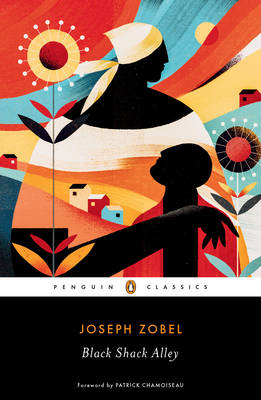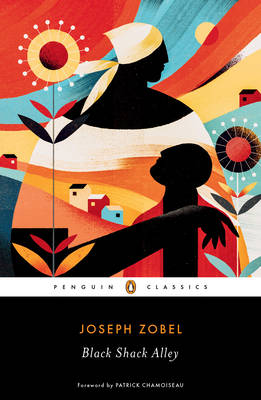
- Retrait gratuit dans votre magasin Club
- 7.000.000 titres dans notre catalogue
- Payer en toute sécurité
- Toujours un magasin près de chez vous
- Retrait gratuit dans votre magasin Club
- 7.000.0000 titres dans notre catalogue
- Payer en toute sécurité
- Toujours un magasin près de chez vous
Description
The semiautobiographical Caribbean novel that explores shifting race relations in early twentieth-century colonial Martinique, with a foreword by Martinican author Patrick Chamoiseau A Penguin Classic Following in the tradition of Richard Wright's Black Boy, Joseph Zobel's semiautobiographical 1950 novel Black Shack Alley chronicles the coming-of-age of José, a young boy grappling with issues of power and identity in colonial Martinique. As José transitions from childhood to young adulthood and from rural plantations to urban Fort-de-France on a quest for upward mobility, he bears witness to and struggles against the various manifestations of white supremacy, both subtle and overt, that will alter the course of his life. His ally in this struggle is his grandmother, M'man Tine, who fights her own weariness to release at least one child from the plantation village, a dirt street lined with the shacks of sugarcane workers. Zobel's masterpiece, the basis for the award-winning film Sugar Cane Alley directed by Euzhan Palcy, is a powerful testament to twentieth-century life in Martinique, with a foreword by award-winning Martinican author Patrick Chamoiseau.
Spécifications
Parties prenantes
- Auteur(s) :
- Traducteur(s):
- Editeur:
Contenu
- Nombre de pages :
- 256
- Langue:
- Anglais
Caractéristiques
- EAN:
- 9780143133957
- Date de parution :
- 12-05-20
- Format:
- Livre broché
- Format numérique:
- Trade paperback (VS)
- Dimensions :
- 130 mm x 196 mm
- Poids :
- 204 g

Les avis
Nous publions uniquement les avis qui respectent les conditions requises. Consultez nos conditions pour les avis.






